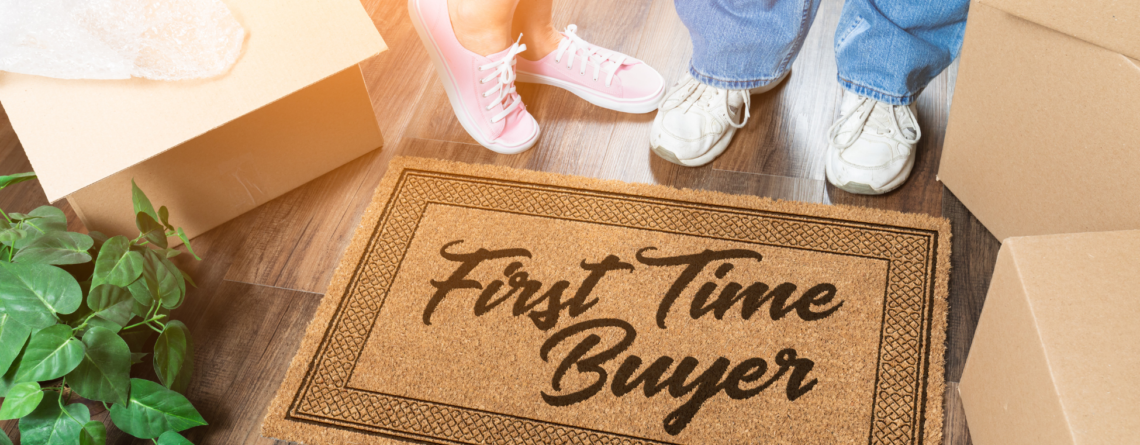How to be a Successful First-Time Homebuyer
Jumping into home ownership isn’t for everyone, but there are some big upsides, including getting to live in a place that you can make your own, a comfortable home that reflects your style and meets your needs—not to mention the amazing tax benefits. Here are some factors to consider as you embark on this journey.
Is this a commitment you want to take on? Do you want to take on the responsibility of owning a home or would you prefer to have someone else fix leaky pipes and replace the roof? Before you decide, it’s best to weigh these inconveniences and expenses against the financial benefits of building equity, maintaining control of your expenses with a predictable mortgage payment, creating a strong credit history, and making most of your housing costs tax-deductible. If you plan to stay put for a few years, home ownership can be a great investment.
Get your finances in shape. If you want to purchase a home, not only will you need cash for upfront expenses, but you’ll also need to be able to afford the ongoing expenses associated with home ownership. It’s time to start saving, starting with restricting your superfluous spending—no more eating out three times a week or subscribing to 16 different streaming services. Consider eating out once a week and paring down to just a few streaming services. Also, don’t make big purchases (like a new car) and be absolutely certain you pay your bills on time to maximize your credit score.
Now, that you’ve tightened your belt, you can use your newfound disposable income to pay down any debt, starting with the highest after-tax interest rates first. For example, if your student loan has an interest rate of 5 percent but is tax-deductible, you should probably pay off your credit card debt at 4 percent first (because credit card debt is rarely tax-deductible).
Save up. Once you’ve paid down your debt, create a savings account to accumulate cash for the down payment, closing costs, and loan fees you’ll need to buy a home. Your lender can give you details on how much to put away.
Practice with your new budget. To see whether you can live with the costs of home ownership, estimate your budget as though you just purchased a home and are now responsible for a monthly mortgage, taxes, insurance, and maintenance. (You can estimate about 3 percent of the sales price to come up with taxes, insurance and maintenance.)
Choose a Realtor. Now, it’s time to choose a Realtor. In a small town like ours, you’re bound to know a few. The best way to choose a Realtor isn’t based on whether they’re related to you or the fact that you went to high school together. Instead, talk to friends and colleagues who have dealt with a Realtor in the recent past, and ask them about the service they received, particularly in light of communication. Interview the top contenders and choose the one with whom you have the greatest rapport. The goal is to choose the Realtor who will help you navigate what is likely to be the biggest financial investment you ever make.
This is only the beginning. Check out next week’s column to see several more factors to consider when buying a home for the first time.
If you have questions about property management or real estate, please contact me at rselzer@selzerrealty.com or call (707) 462-4000. If you have an idea for a future column, share it with me and if I use it, I’ll send you a $25 gift certificate to Schat’s Bakery.
Dick Selzer is a real estate broker who has been in the business for more than 45 years.






